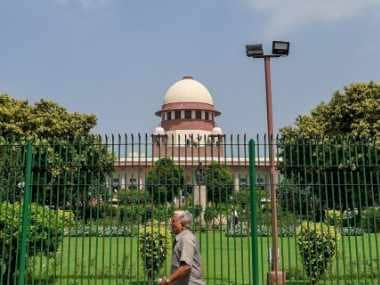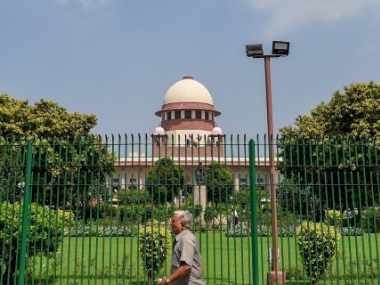New Delhi: The Supreme Court on Thursday struck down a colonial-era anti-adultery law, saying it was unconstitutional, dented the individuality of women and treated them as “chattel of husbands” and declared that adultery is not a crime. The apex court’s five-judge Constitution bench was unanimous in striking down Section 497 of the Indian Penal Code dealing with the offence of adultery, holding it as manifestly arbitrary, archaic and violative of the rights to equality and equal opportunity to women. [caption id=“attachment_5269791” align=“alignleft” width=“380”]  File image of Supreme Court. PTI[/caption] A five-judge bench comprising Chief Justice Dipak Misra and Justices R F Nariman, A M Khanwilkar, D Y Chandrachud and Indu Malhotra said that unequal treatment of women invites the wrath of the Constitution. The top court, which held adultery as a relic of the past, said the autonomy is intrinsic in dignified human existence and Section 497 denudes women from making choices. The Chief Justice of India (CJI) Dipak Misra read out the judgment on behalf of himself and Justice AM Khanwilkar. “Thinking of adultery as a criminal offence is a retrograde step,” the CJI said in court. Mere adultery can’t be a crime unless it attracts the scope of Section 306 (abatement to suicide) of the IPC, the CJI held. Here is the complete judgment.
Supreme Court Judgment on Adultery by Firstpost on Scribd


)

)
)
)
)
)
)
)
)



